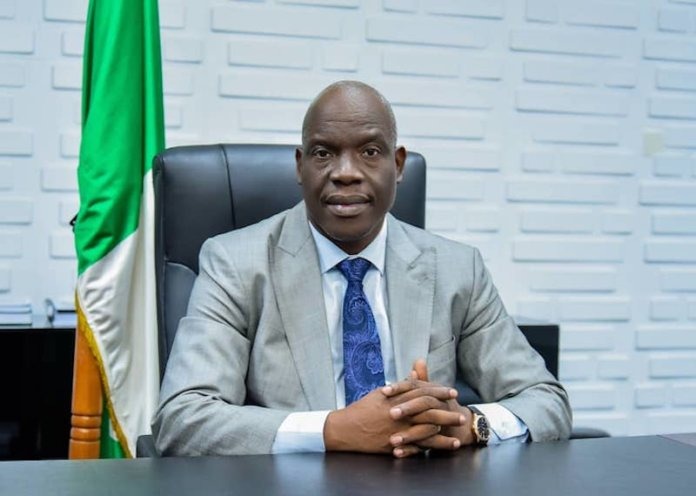As Nigeria, Africa’s largest economy, tries to increase crude oil output, the Federal Government is creating incentives to encourage oil and gas investment.
Some of the measures being implemented include replacing signature bonuses – payments provided by firms to governments upon contract signing – with lump sums for production, according to Gbenga Komolafe, Chief Executive Officer of the Nigerian Upstream Petroleum Regulatory Commission.
He also stated that the country was tackling delays in licensing, as this would further increase the interest of oil firms to invest in Nigeria’s oil and gas industry.
Nigeria’s beleaguered oil industry has been a drag on the economy, with the country unable to meet the quotas approved by the Organisation of Petroleum Exporting Countries, amid supply disruptions, crude theft and vandalism.
Since taking office in May, President Bola Tinubu has initiated sweeping reforms to revive economic growth, and a recovery of the energy sector is vital to achieve the double-digit expansion he’s targeting.
Reducing costs for contractors and addressing the issues that hold up production agreements represent a “paradigm shift,” Komolafe said.
In the next bidding round, happening “very soon,” potential investors will “see that Nigeria is ready to do business differently,” according to the NUPRC boss.
Tinubu has pledged to increase oil output, which is currently around 1.4 million barrels a day, to four million a day by 2030, an aspiration many analysts believe to be implausible.
Boosting production is not only a question of cutting red tape. Nigeria has seen an exodus of oil majors in recent years, with firms selling onshore and shallow-water assets after projects were plagued by pipeline sabotage.
The government is working to upgrade infrastructure, end theft and vandalism and improve community relations, according to Komolafe, who said capital inflows into the industry had dropped by about 74 per cent in almost a decade.



